Lew defiende PROMESA en nuevo editorial
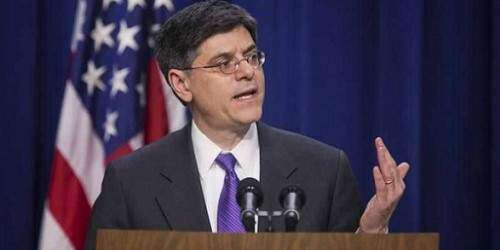
El secretario del Tesoro federal, Jacob Lew, defendió el proyecto congresional conocido como PROMESA en un nuevo editorial publicado hoy, miercoles en un diario de Nueva York.
Esta nueva pieza de opinión se suma a otras dos publicadas ayer, martes, por el periódico The New York Times y el actor Lin-Manuel Miranda.
Lew expresa que que es imperativo que los legisladores aprueben la medida ‘rápidamente’.
‘Sería un error pensar que hay una alternativa mejor que ayudará a Puerto Rico y también obtendr+ia el apoyo bipartidista necesario, o que la inminente crisis de Puerto Rico puede ser evitado por otros medios’.
Reproducimos su editorial íntegro en inglés aquí:
Last month, I traveled to Puerto Rico and saw firsthand how the island’s mounting debt crisis is affecting the health, safety and welfare of its 3.5 million American citizens. This is not a crisis of the future — it is a crisis that is already upon us, and we must act now to address it before it is too late.
Doctors at the island’s only neonatal intensive care unit described how they can order dialysis treatment for premature newborns only if they pay cash-on-demand daily for lifesaving drugs. Teachers at an elementary school pointed out the lack of screens on windows to keep out the Zika-carrying mosquitoes that public health officials now believe are widespread on the island, and electric service that could handle either lights or a computer, but not both.
And as I toured the Plaza de Diego, once the heart of San Juan’s business district, business leaders noted that 80% of businesses have closed. Puerto Rico cannot afford the $70 billion debt that it amassed during a decadelong recession — let alone basic government services.
Fortunately, there is a way to avoid further crisis. Bipartisan legislation that would create a workable and comprehensive restructuring authority for Puerto Rico, paired with independent fiscal oversight to address the debt crisis, passed overwhelmingly through a House committee last week. The bill is expected to receive a full vote in the House in early June.
It is imperative that lawmakers pass this legislation quickly. Indeed, there is no viable alternative to save Puerto Rico from further collapse and to begin to build a better future. Without immediate action, the situation facing our fellow American citizens in Puerto Rico will only get worse.
Some argue that the legislation should be defeated because it favors creditors while leaving workers behind. This is simply not true. To the contrary, powerful financial interests have spent millions of dollars to defeat the legislation. The bill puts all of Puerto Rico’s liabilities on the table and is the only effective way for Puerto Rico to get back on its feet. It has no special carveouts or bailouts for creditors.
Today, public workers in Puerto Rico have little to no protection for their pensions. While the bill ensures all creditors will share in the sacrifice, it also mandates adequate funding to support the pensions of hundreds of thousands of individuals. That is a protection that Puerto Rico’s workers do not have without this legislation. In addition, the legislation provides Puerto Rico breathing room to continue to provide core services like health care, electricity and basic public safety.
With this bill, Puerto Rico can establish a framework for a sustainable economic future. It creates an independent oversight board to help implement needed structural reforms while respecting Puerto Rico’s self-governance. And Puerto Rico’s elected leaders remain responsible for initiating and driving economic policy under a plan that will outline future budgets.
The administration is committed to working with congressional leaders to set politics aside and nominate an independent group of experts to serve on the board. But it is also critical that the board represent the interests of Puerto Rico, and we are committed to making sure that happens.
Among other things, the legislation requires the speaker of the House to select someone from Puerto Rico to serve on the board; Puerto Rico’s governor will also have a role. And once Puerto Rico is on the path to economic recovery, the bill permanently terminates the board.
This legislation will remove the damaging uncertainty of protracted litigation that threatens to further destabilize the economy and even now weighs upon Puerto Rico’s potential growth. Reducing its massive payment obligations will free up funds for the local economy to stimulate private investment, create jobs and better support workers and retirees.
As with any compromise, there are parts of this legislation that we do not support, such as those regarding labor standards, which will not help address Puerto Rico’s debt crisis. But even here, the governor of Puerto Rico would have to elect for the minimum-wage carveout — which would allow employers to pay a lower hourly wage for young workers — to take effect.
There are also notable omissions, such as Medicaid reforms that eventually must be addressed. A commission will explore the best ideas and come up with recommendations on the next steps to address these longer-term challenges.
It would be a mistake to think that there is a better alternative that will help Puerto Rico and also gain the necessary bipartisan support, or that Puerto Rico’s looming crisis can be averted through other means. Without this legislation, Puerto Rico will go through a chaotic unwinding.
On July 1 , Puerto Rico will face nearly $2 billion worth of payments that it does not have the money to make. In the absence of this bill, Puerto Rico’s future will be in the hands of its creditors — not its people. Congress must send this bill to the President’s desk without further delay.
Popular ahora

Bienvenido a Noticel
Empieza a crear una cuenta
Verificación de cuenta
Te enviaremos un correo electrónico con un enlace para verificar tu cuenta. Si no lo ves, revisa tu carpeta de correo no deseado y confirma que tienes una cuenta vinculada a ese correo.
Has olvidado tu contraseña
Introduce el correo electrónico de tu cuenta y te enviaremos un enlace para restablecer la contraseña.
Has olvidado tu contraseña
Le hemos enviado un correo electrónico a {{ email }} con un enlace para restablecer su contraseña. Si no lo ve, revise su carpeta de correo no deseado y confírmeme que tiene una cuenta vinculada a ese correo electrónico.
Personaliza tu feed
Verifica que tu dirección de correo electrónico sea correcta. Una vez completado el cambio, utiliza este correo electrónico para iniciar sesión y administrar tu perfil.
Elige tus temas
- Deportes
- Economía
- El Tiempo
- Entretenimiento
- Más
- Noticias
- Opiniones
- Última Hora
- Vida y Bienestar
- Videos y Fotos


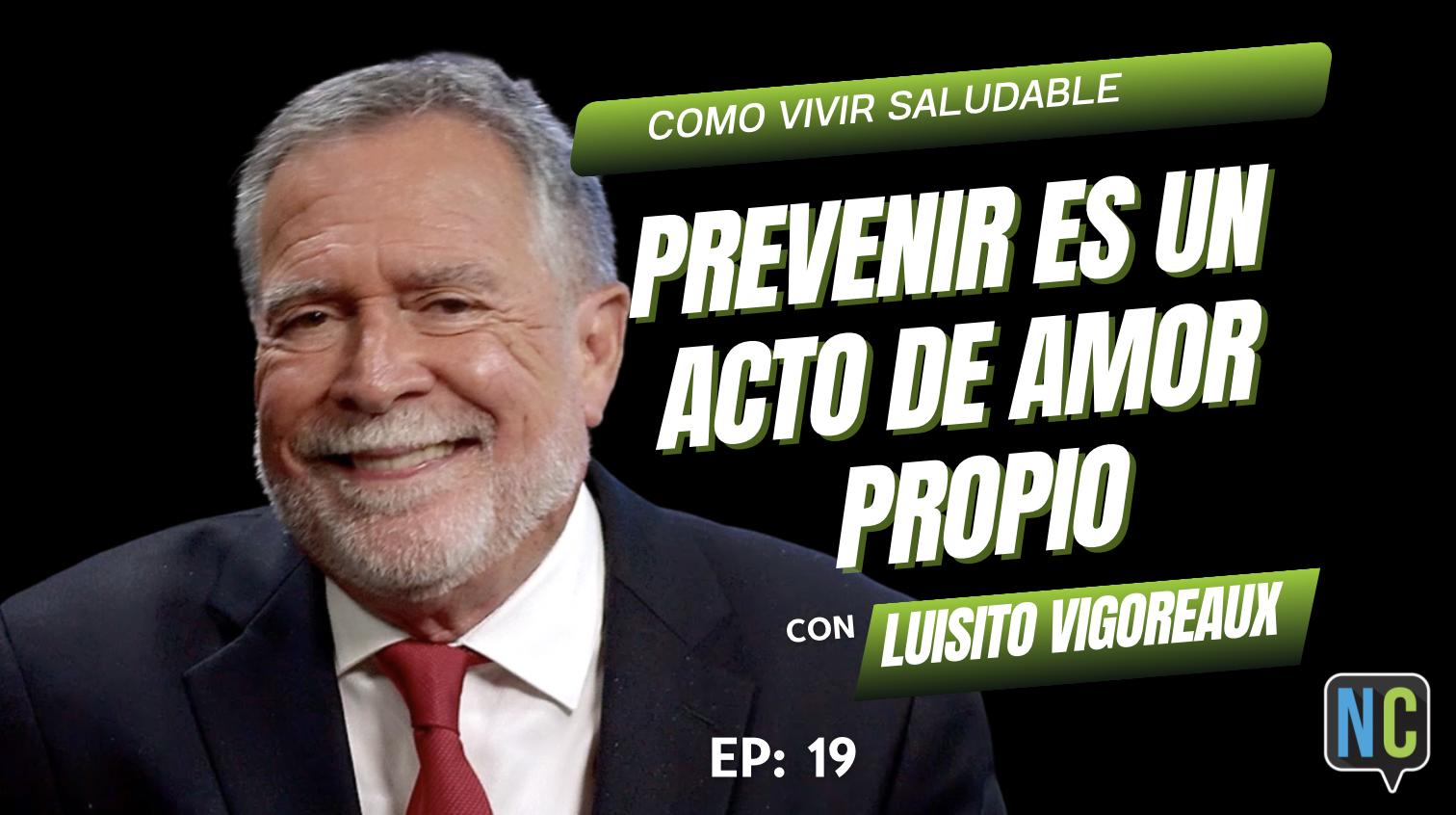
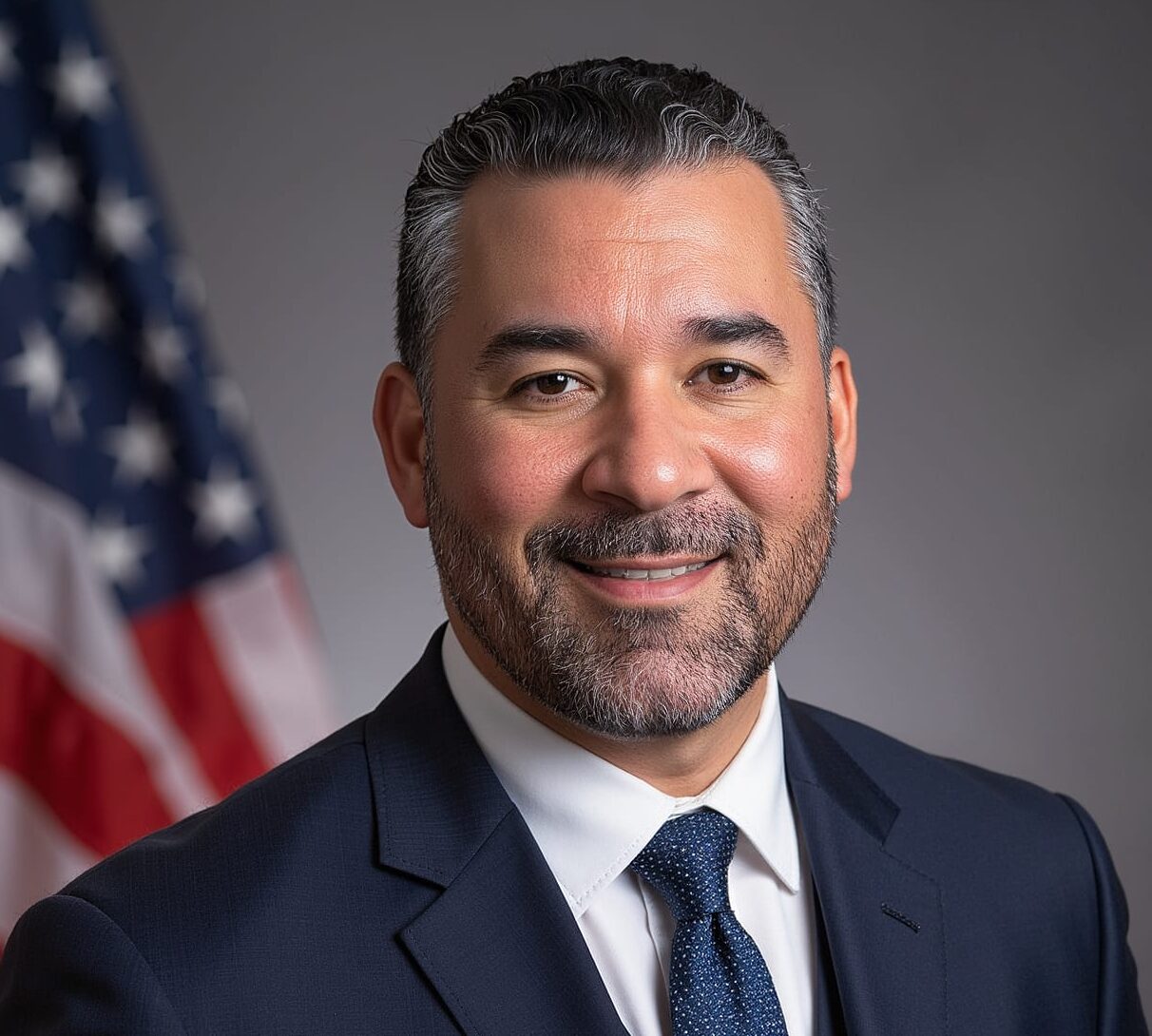



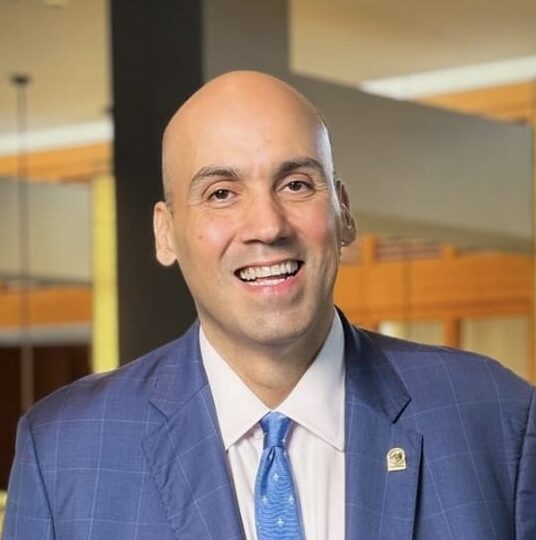
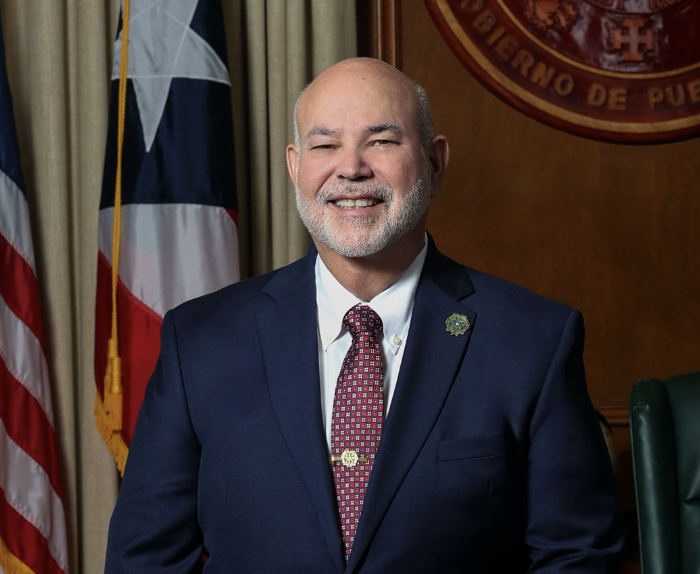

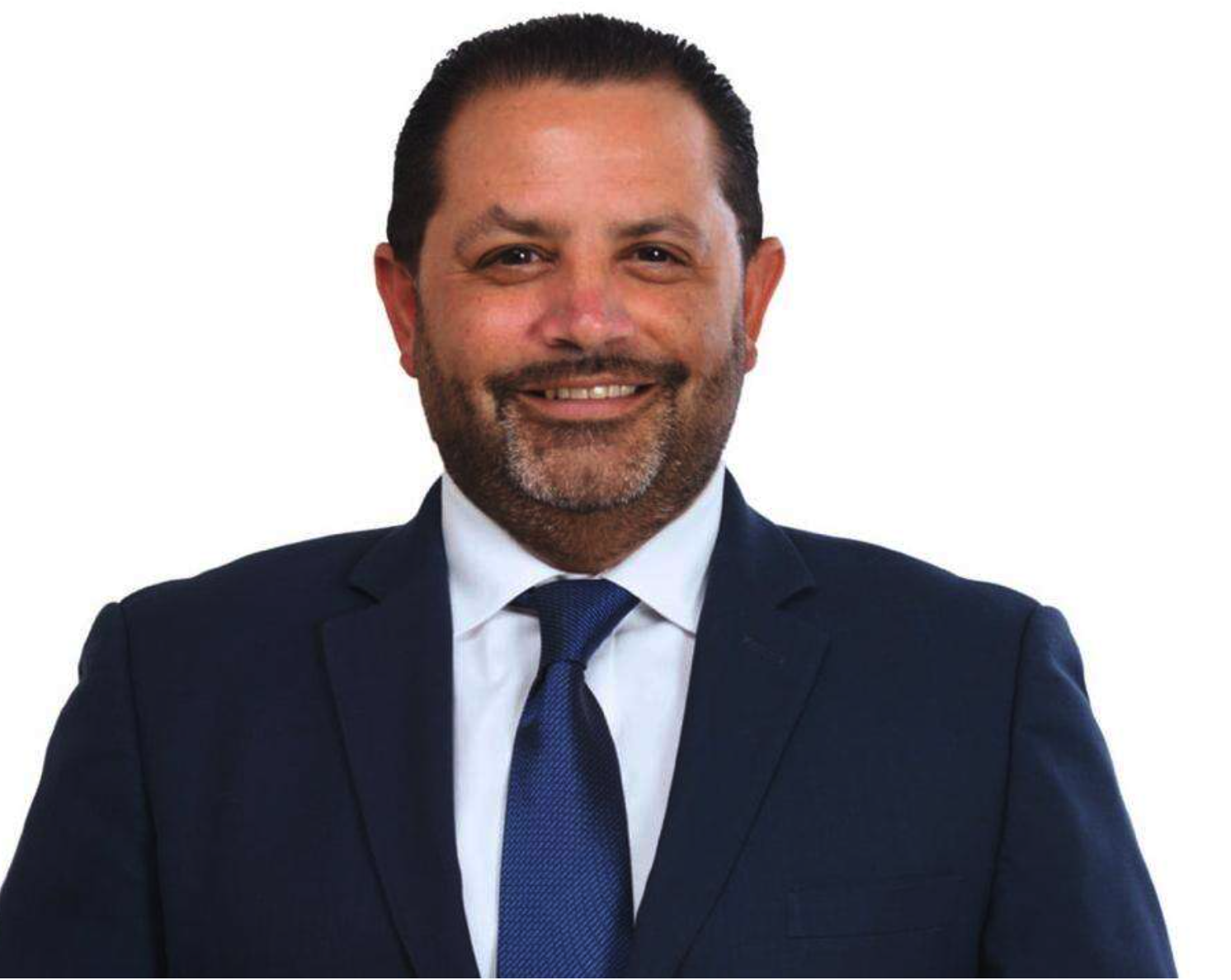

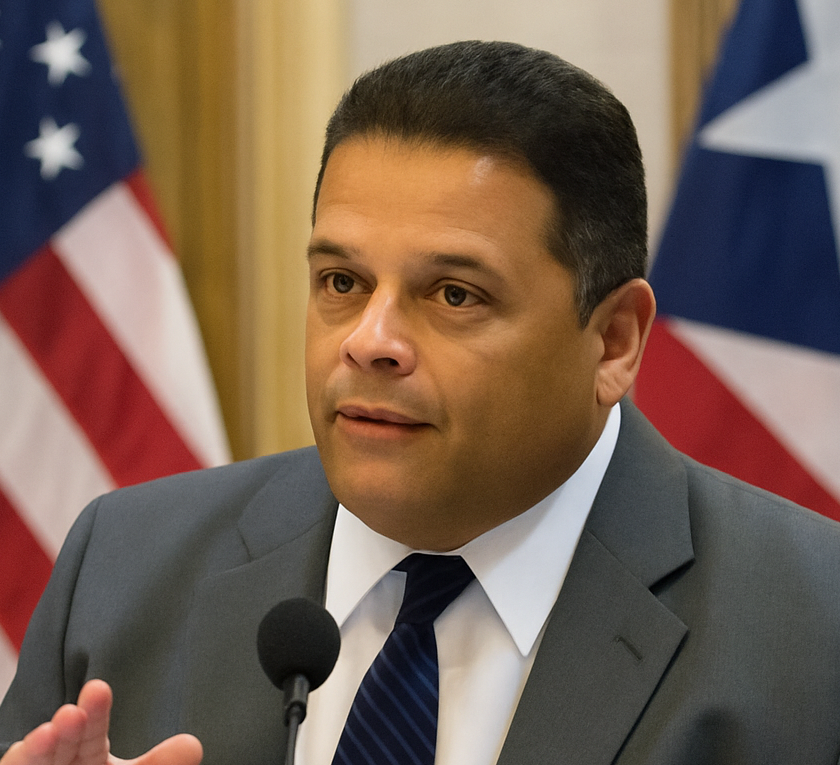








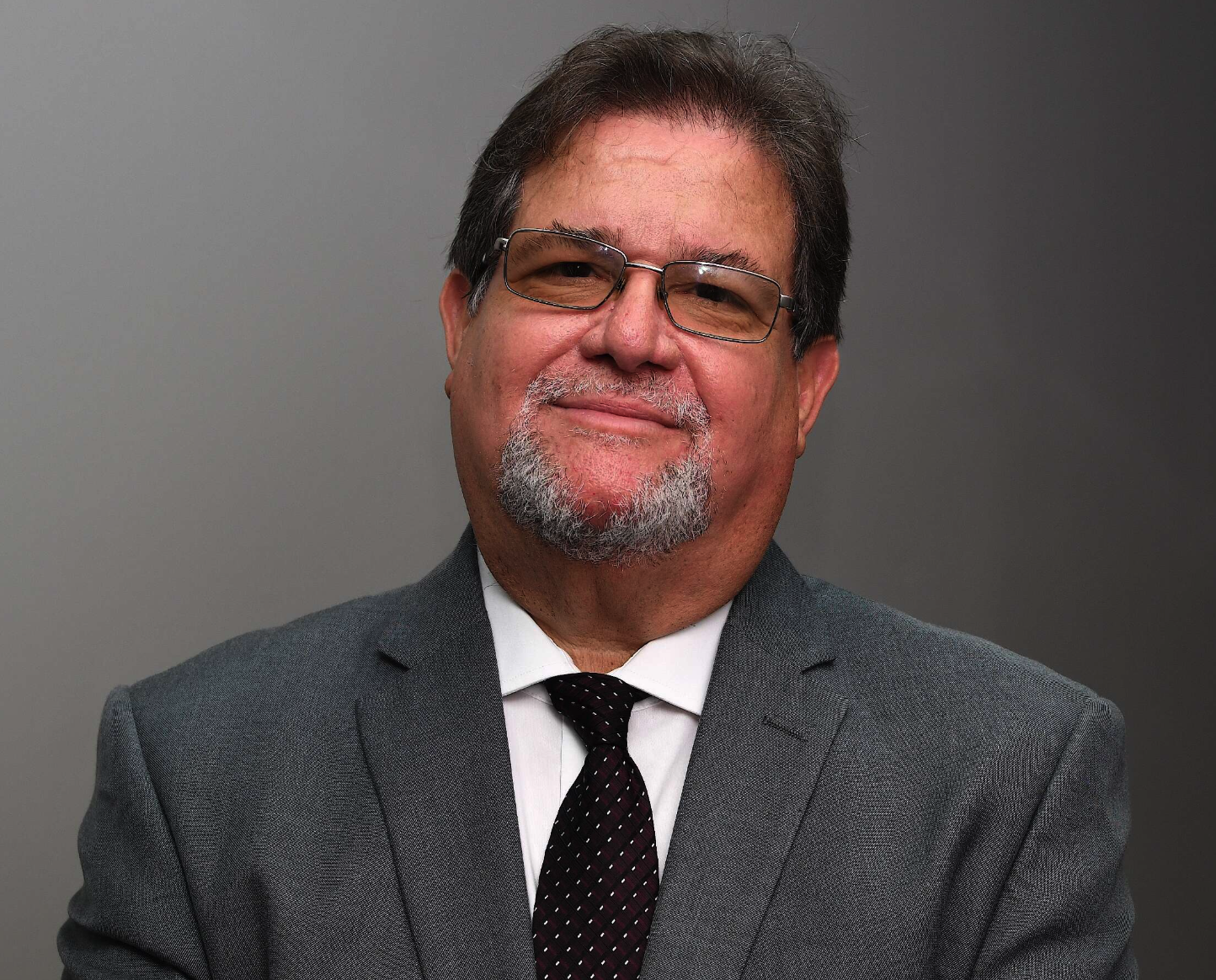

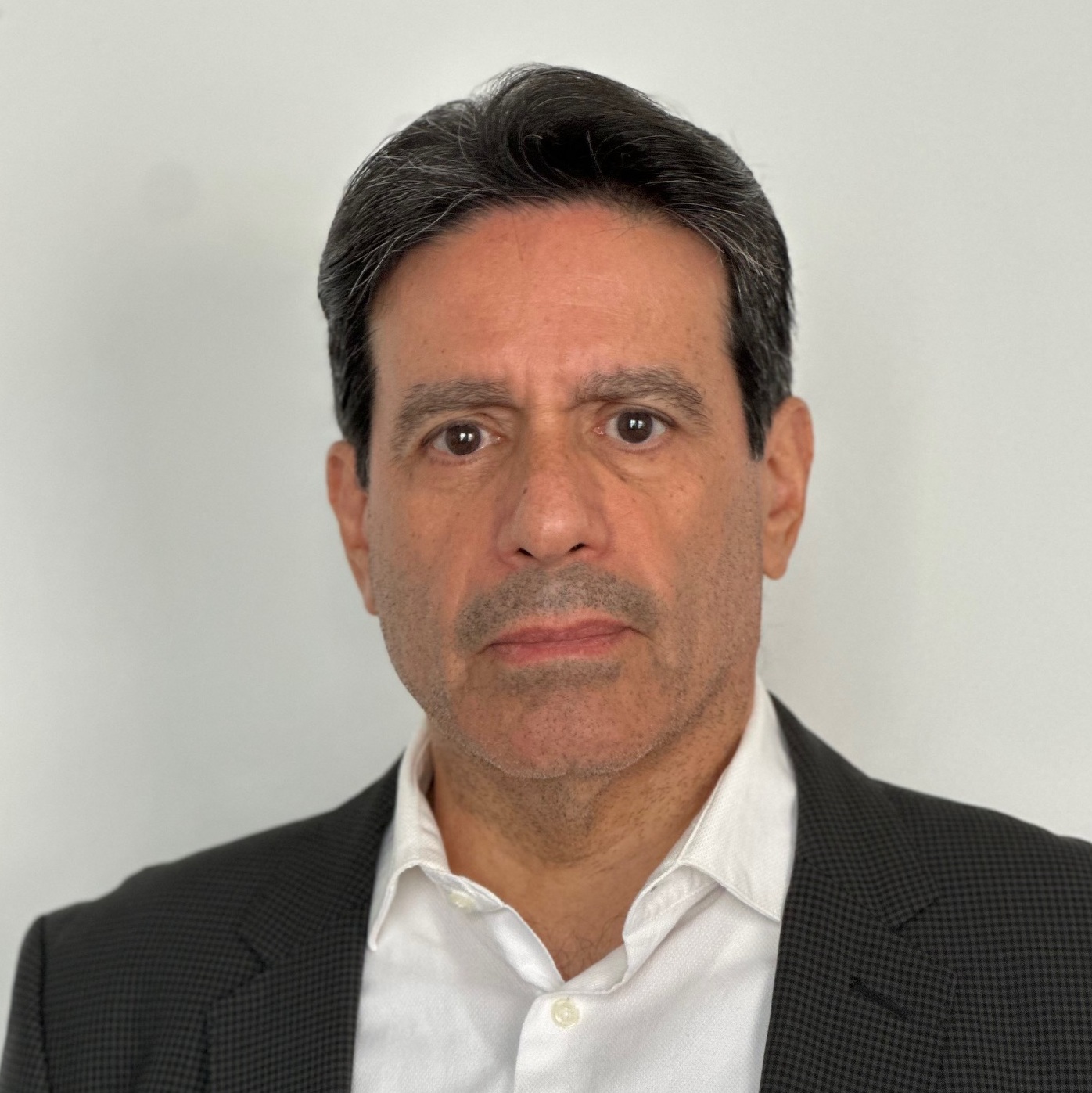

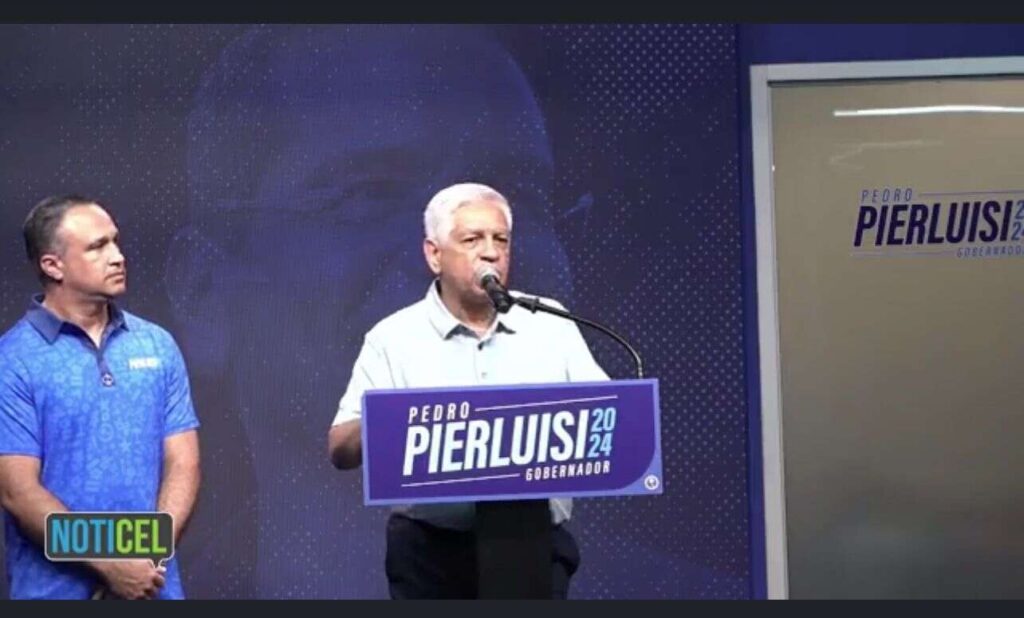
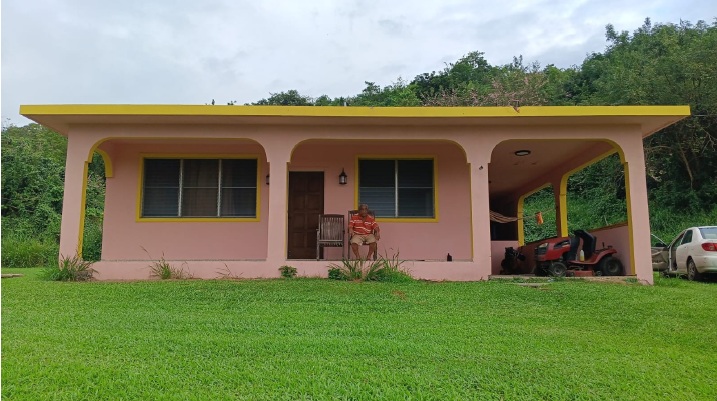
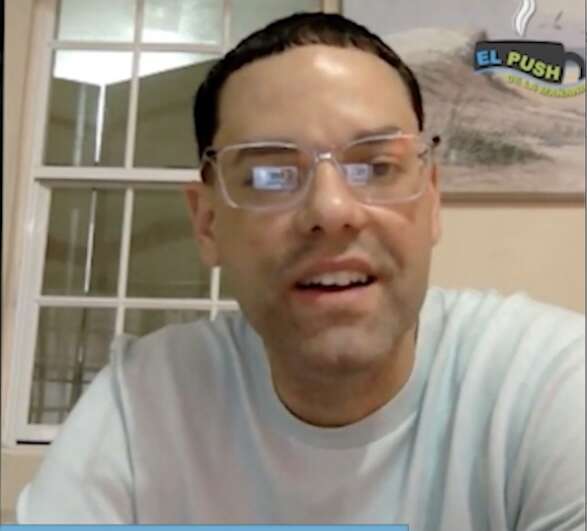
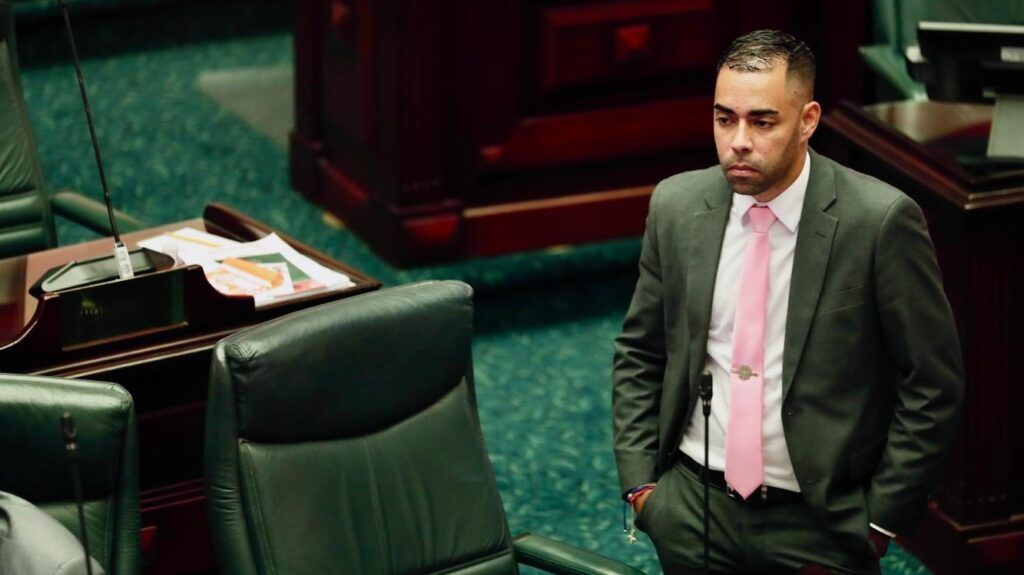




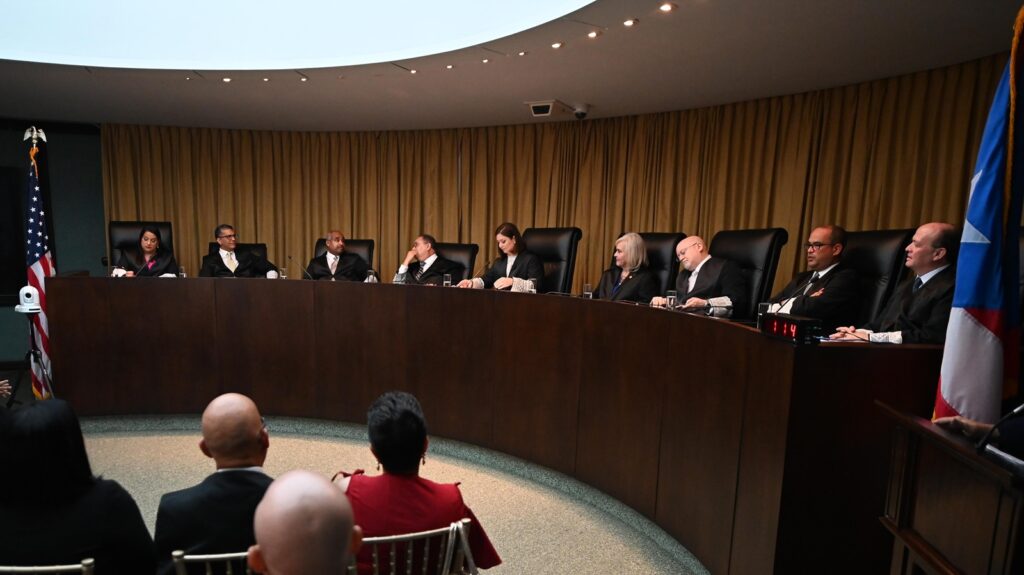
Comentarios {{ comments_count }}
Añadir comentario{{ child.content }}